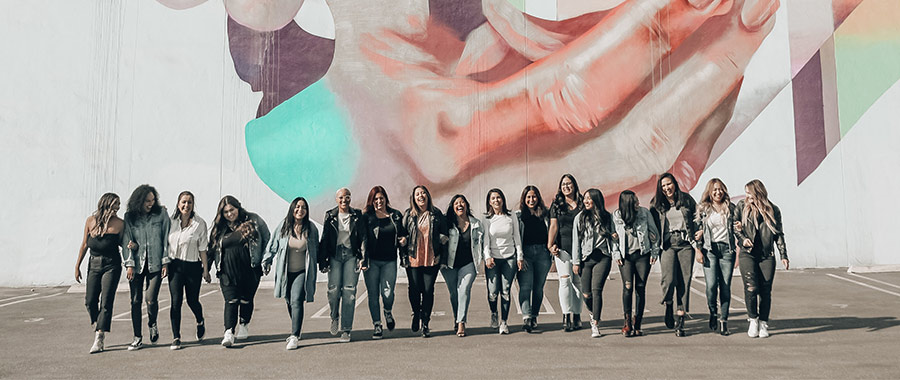In the vast tapestry of human civilization, the threads of gender inequality are woven with an insistence that often runs counter to the fabric of peace. As we delve into the Bahá’í teachings that elucidate the relationship between gender equality and the cessation of war, it becomes evident that addressing this fundamental issue is paramount for the construction of a harmonious global community.
The principle of gender equality within the Bahá’í Faith posits that both men and women possess inherent dignity and capacity. This is akin to the harmonious playing of a symphony, where each instrument, be it a flute or a drum, contributes its unique timbre, creating a unified and beautiful composition. War, like discord in this symphony, arises when one voice is amplified over others, creating a cacophony of strife and dissonance.
The first step toward understanding the relationship between gender equality and the cessation of conflict lies in the recognition of the entrenched societal structures that propagate discrimination. Patriarchal systems, often insidious in their nature, not only marginalize women but also inhibit the progress of men, fostering an environment ripe for conflict and aggression. By ameliorating these inequities, societies can dismantle the edifices of war that arise from oppression and strife.
One might metaphorically visualize society as a garden. In this metaphor, gender inequality acts as a pernicious weed that chokes the growth of flowers—those diverse voices and talents essential for a thriving ecosystem. When a society cultivates the seeds of gender equality, it enables the flourishing of creativity, collaboration, and ultimately, peace. Thus, the cultivation of equality is not merely a moral imperative; it is a strategic necessity for national and global stability.
The Bahá’í teachings advocate for a transformative vision in which the empowerment of women is not seen as a zero-sum game but rather as a symbiotic relationship that uplifts society as a whole. Empowering women entails not solely providing them with opportunities for education and employment but also ensuring their participation in political and social spheres. This inclusivity serves as a catalyst for peace, as women often prioritize diplomatic solutions and community-oriented approaches over militaristic responses to conflict.
Education stands as a cornerstone in this framework of gender equality. Access to education for both genders leads to informed and engaged citizenry, fostering critical thinking and peaceful discourse. A well-educated population is less susceptible to the allure of war. Like a well-tended garden, a knowledgeable society grows less reliant on brutish tactics and more on enlightened dialogue. Bahá’í teachings emphasize that the education of girls, in particular, yields disproportionate benefits not only within the family unit but also for the community at large, creating new engines of development and progress.
Furthermore, the multiplicity of perspectives brought by gender-diverse leadership can significantly influence decision-making processes. In historical contexts, war is often incited by narrow viewpoints that overlook the complexities of human experience. By including women in positions of authority and influence, the dialogue surrounding conflict resolution becomes multifaceted. This diversified leadership can preemptively address the root causes of conflict by fostering empathy and understanding, thereby transforming potential battlegrounds into negotiation tables.
The connection between equality and the alleviation of violence is reinforced by examining the sociological underpinnings of conflict. Disenfranchised groups, often feeling marginalized and powerless, may resort to violence as a means of expressing their grievances. When women are granted equal rights and representation, their experiences and insights can illuminate the multifarious societal issues that often precipitate unrest. Thus, gender equality functions as a preventative measure against the cycles of violence that pervade societies.
In exploring the microcosm of family dynamics, it becomes apparent that equality fosters not only affection but resilience against conflict. Stable, loving environments nurture not only socially responsible individuals but also potential peacemakers. This nurturing is amplified when both men and women partake equally in child-rearing and value-based education. The resounding implications of this equitable distribution of parental responsibilities create a generation that values compassion over aggression, dialogue over silence.
The arts, too, play a pivotal role in embodying and disseminating ideals of gender equality and peace. Artistic expressions—be it literature, music, or visual art—have the power to reflect societal values and challenge normative perceptions. Bahá’í teachings advocate for the promotion of art as a vehicle for societal reflection and change. When artists, regardless of gender, are celebrated and empowered, they serve as catalysts for conversations surrounding equality and peace, thus propagating the ideals rooted in the Bahá’í Faith.
In conclusion, the teachings of Bahá’u’lláh illuminate the path toward a world where gender equality is intrinsic to the realization of lasting peace. The intricate relationship between these concepts does not merely suggest that gender equality can mitigate the conditions that foster war; it unequivocally asserts that it is a prerequisite for humanity’s survival and evolution. As we collectively strive toward the sanctum of global unity, it becomes imperative that we remember the melody of mutual respect and cooperation that defines true progress. As such, let us cultivate a world where every voice, irrespective of gender, contributes to the harmonic symphony of peace—a world where war becomes a relic of the past, nurtured by the wisdom of our shared humanity.
